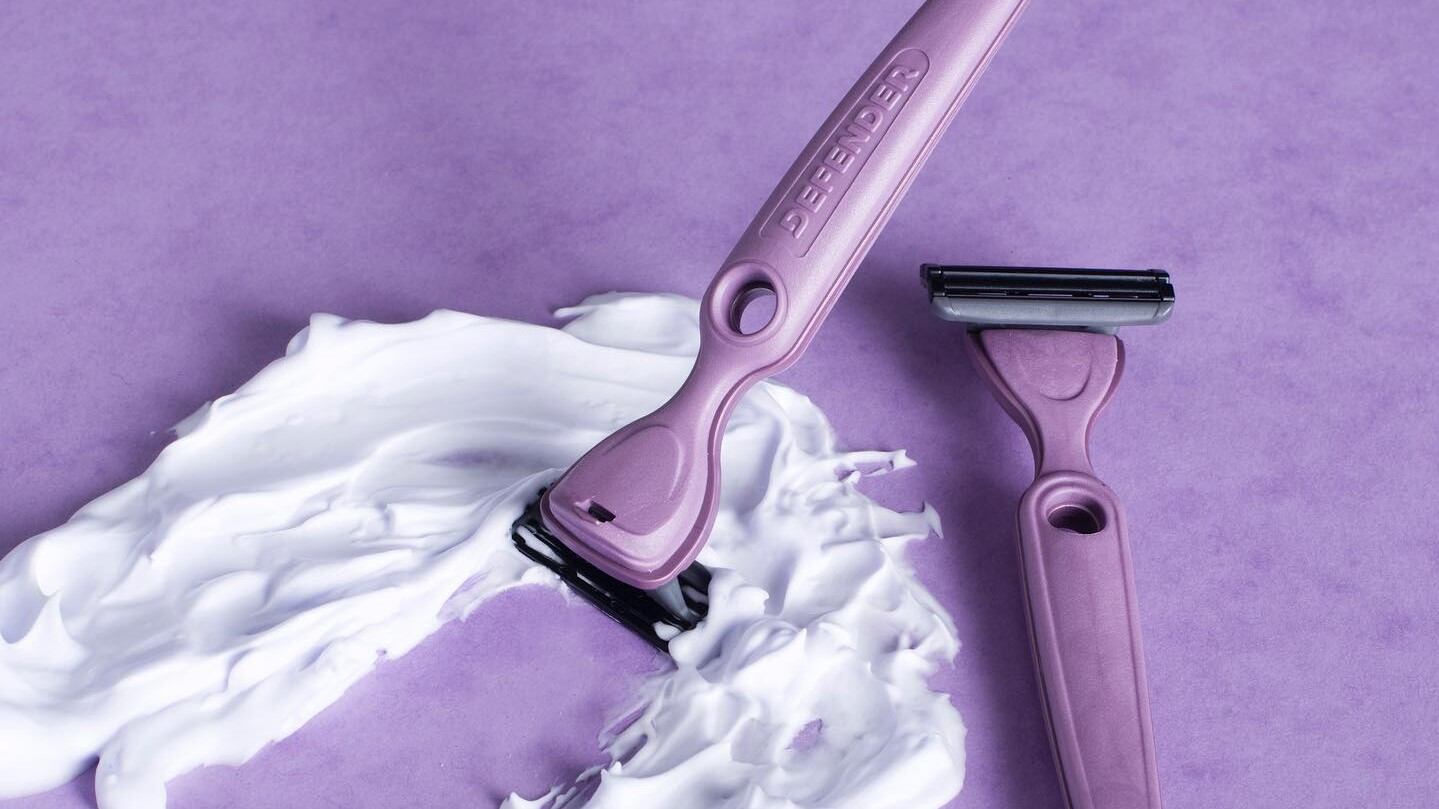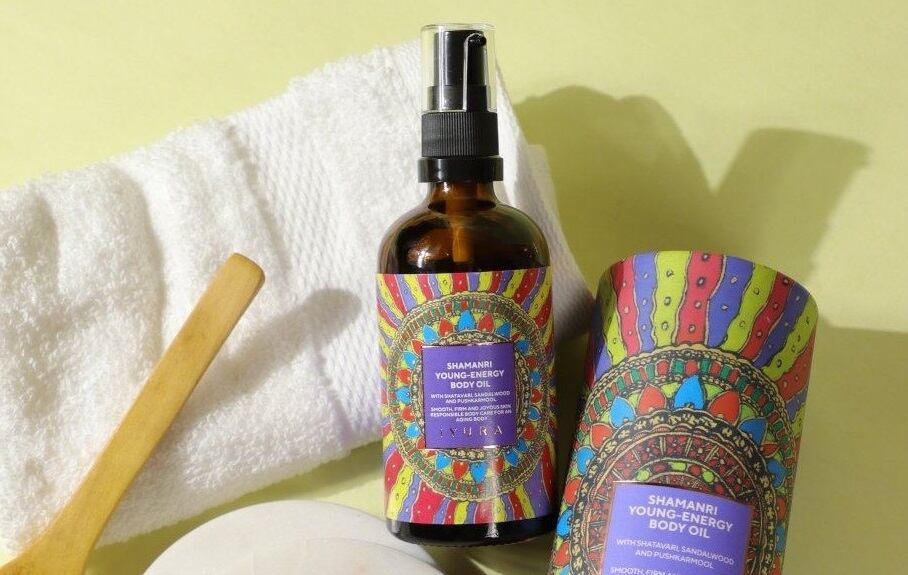Founded in 2016, Bombay Shaving Company is a premium personal care brand for men and women that develops products spanning shaving solutions, hair removal products, skin and body care.
In the last three and a half years, the company has developed a portfolio of over 100 products. It has also attracted investments from FMCG companies Colgate Palmolive and Reckitt.
Despite the global pandemic, the digital-first brand has managed to grow its business and is now three and a half times bigger that it was pre-COVID and has an annual recurring revenue (ARR) of U$13.7m.
The company credited its phenomenal results partly to its understanding of the market and the rapidly changing consumer trends.
“The pandemic has not been easy for anyone. There’s been a fundamental shift in consumer psychology where people now have started to invest more time and care in themselves. A lot more attention has been given to the way we feel about ourselves – that’s significant because a large portion of how we feel about ourselves stems from how we look,” said Samridhh Dasgupta, vice president of marketing and new brands.
The company expected dramatic shifts in consumer consumption behaviour from their consumers, which have been growing increasingly demanding in recent year.
“Consumers have become more demanding and more discretionary in terms of the way they're consuming and buying products. There are more 25-year-olds who have entered the higher disposable income brackets. There are more people who have studied abroad and travelled… so they expect the same quality of products they were getting in Europe, the Americas, or other parts of Asia.”
Dasgupta told CosmeticsDesign-Asia that these shifts have affected the company’s product development strategy “very deeply”.
Two major pillars the company focused on was premiumisation and sustainability.
“Earlier, our product lines used to be defined less by the sustainability and the luxury factor and more by the utility and ease-of-use factor. Post-pandemic, we’ve taken some strong calls in terms of adding luxury to the men’s business and building on luxury with sustainability on the women’s side,” explained Dasgupta.
In the past year, the company launched two significant products that were developed with both factors in mind. The first was a biodegradable facial razor for women made with 80% wheat straw and a luxurious fully metal razor for men.
“These are very strong, cautious decisions that we took in the early stages of the pandemic last year to make sure that our products become more relevant and more human in this process. The humanisation of products is critical,” said Dasgupta.
New developments
Moving forward, the company has several products in the development pipeline spanning both men’s and women’s segments. Aside from shaving and hair removal, the company is also looking to diversifying its portfolio into skin care and hair care.
“We’re experts in shaving and we know how to make it really indulgent and luxurious for men. We aim to bring equally meaningful products for women across the hair removal category… not just delightful to use but powered by natural ingredients,” said Dasgupta.
He elaborated that the company has developed more products with superfoods such as turmeric, charcoal, coffee, aloe vera and onion.
“You have to understand that where we are selling, the Indian subcontinent, there are very diverse skin types, skin tone, cultural and political upbringings. So, what we did was bring a unifying factor to our product line – which was superfoods,” said Dasgupta.
“It’s a very traditional community that we operate in, so we bring things like turmeric and aloe vera into our product range. Basically, if it’s good in the kitchen, its good on your skin. Once you add superfoods to it, you add components that make the texture of the product come alive, make it look really natural and authentic – that's the core value of the product.”





